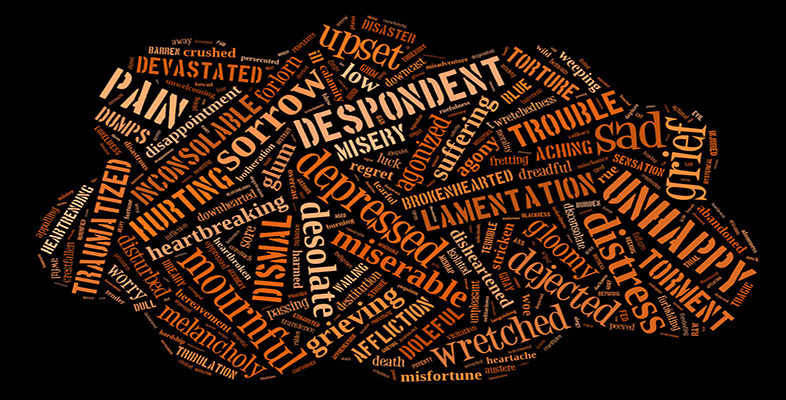3.6 Assessing James's argument
James argues as follows:
A It is impossible to experience an emotion without feeling bodily changes.
B Therefore, an emotion is a set of bodily feelings.
Activity 6
Is A true of all emotions?
How much support does A give to B?
Discussion
James holds that it is impossible to have an emotion that does not involve bodily feelings. Is this is true of all emotions? It might be suggested that pride is an emotion that does not necessarily involve any bodily feelings, because it does not necessarily involve any bodily changes: it is possible for someone to experience pride without their heart speeding up or their muscles tensing or relaxing. However, it is important to remember how much James includes within the notion of a bodily change: perhaps pride need not always involve internal changes, but it may be that when we feel pride we do imperceptibly draw ourselves up, and lift our heads. Feeling these slight movements would constitute feeling a bodily change on James's definition. Without these feelings, James will challenge his opponents to differentiate between the emotion of pride and the dispassionate judgement that you have done something deserving of praise.
It does give some support, but it is clearly not decisive. What A would show is that an emotion is at least always accompanied by bodily feelings. But this is not enough to establish the truth of B. A is consistent with the view that bodily feelings are necessary causes or effects of an emotion. It is also compatible with the view that emotions are complex occurrences, of which bodily feelings are just one component. In order to rule out these other possible positions, James needs to show, not only that emotions always involve bodily feelings, but also that nothing more is required for an emotion to occur.
Nevertheless, A is a substantive and interesting claim. It would certainly be possible to deny it. It might be argued that, although we often feel bodily changes when we have an emotion, this is something that merely accompanies the emotion and is inessential to it. James's argument has given us a reason to question this view: can we really explain what an emotion is without giving a central role to bodily feelings?
